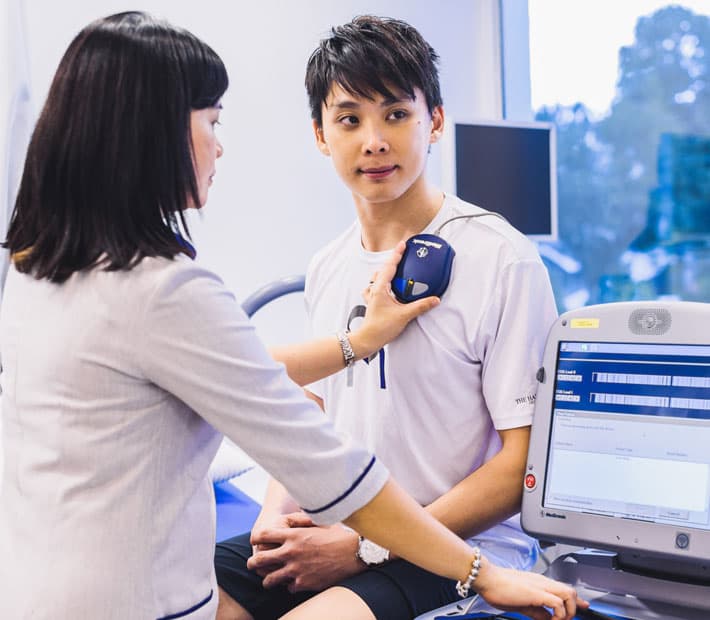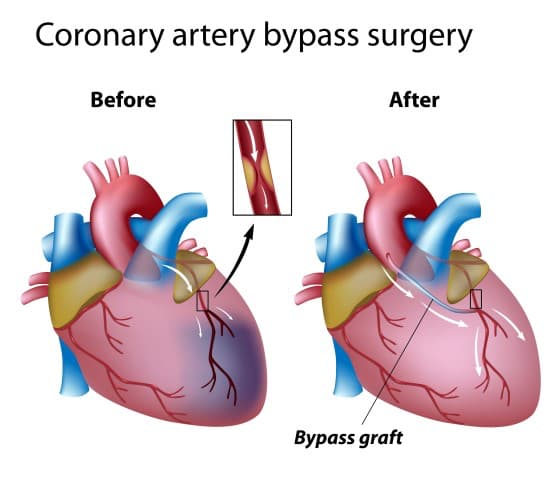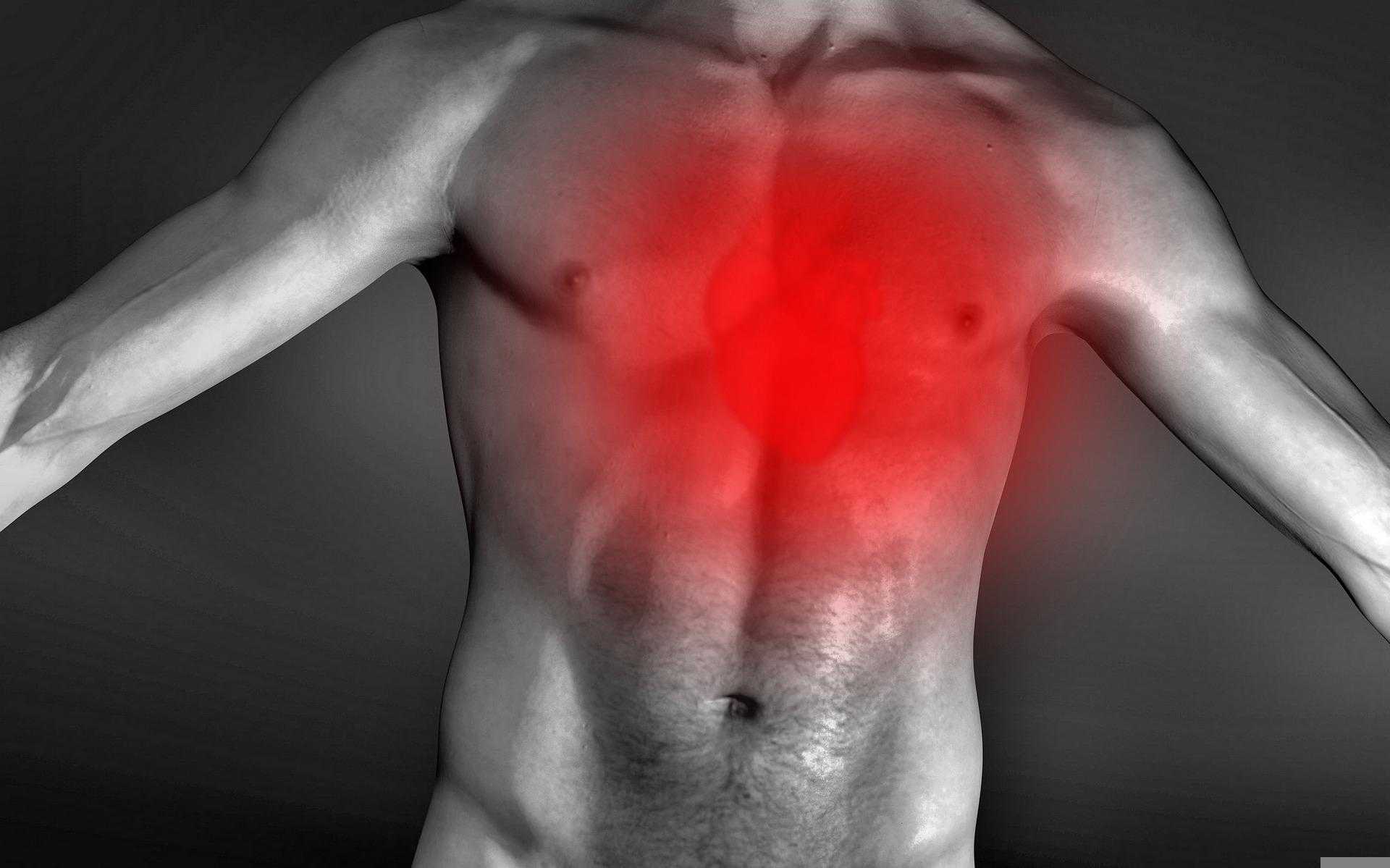REMOTE HOME MONITORING OF IMPLANTABLE CARDIAC DEVICES

Remote home monitoring connects patients with newer generation implanted cardiac devices when they are at home or overseas to their doctors without the need to physically go to their doctors’ clinic. Data from the device is downloaded by a home monitoring kit supplied to the patient and transmitted via a transtelephonic or web-based system to a secure, central server, which the doctor can access. The doctor can check the device parameters are correct and detect any problems earlier than the next scheduled clinic visit. Automatic alerts are also usually set-up which notify the doctor if any serious problems with the device or lead are detected. This gives the patient an extra level of reassurance that their cardiac device is being checked more frequently than traditional follow-up visits and allows corrective measures to be taken sooner if required. However, patients still need to see their doctors at regularly intervals as remote home monitoring is not a substitute for careful clinical follow-up and any programming changes that are required need to be performed in the clinic.



